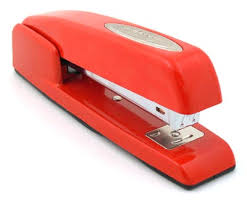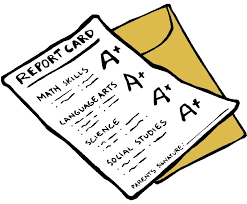 Summer is a great time for physical fitness, and I am lifting weights twice a week. But beyond the beach-ready body, we should also think about boosting our fiscal fitness.
Summer is a great time for physical fitness, and I am lifting weights twice a week. But beyond the beach-ready body, we should also think about boosting our fiscal fitness.To beef up my finances, I purchased a July 2009 - December 2010 calendar last week. The calendar -- 20 percent off -- is designated for tracking my financial goals, which include saving money for my kids college education, retirement and the all-important emergency fund. The new calendar, even has a built-in pocket for receipts and other papers.
Goal-setting is just one of several fiscal fitness tips recommended by the folks at Women & Co. Here is one fitness plan:
"Assess Your Health: Gather all important financial statements and review what you own, your assets, and what you owe, your liabilities. Look carefully at how you’re putting your hard-earned cash to work – what you’re earning, spending and saving. Then set aside some time every few months to file important papers and keep them organized.
Know Your Numbers: Your credit score is a key indicator of your financial health. It’s a primary criteria used by lenders to determine your likelihood of defaulting on a loan and that may impact your ability to get many types of loans, including a mortgage. Request your free annual credit report from each of the 3 major credit bureaus at www.annualcreditreport.com.
Set Your Goals: Once you know where you stand today, set goals. Short-term goals are those you’d like to accomplish within one year (e.g., pay off credit cards); mid-term goals, within 5 years (e.g., make down payment on a new home); and long-term goals, 5 years or more (e.g., save for retirement). Write these down, using the worksheet from Women & Co. to help you clarify and prioritize your financial goals.
Protect Yourself: Maintain appropriate insurance coverage; keep your beneficiary forms for your 401(k), IRA and insurance up-to-date; and put your wishes in writing by executing a will, living will, power of attorney and health care proxy.
Conduct Annual Check-ups: Review your finances at least once a year with your financial advisor. Keep in mind that life transitions such as having a child, getting married or divorced, or moving to another state, often bring with them financial, tax and legal implications."
--quoted material from Source: Women & Co.
______________
Sharon is the author of the Frugal Duchess: How to Live Well and Save Money -- a coming of age memoir about money -- and a contributing writer in Wise Bread's 10,0001 Ways to Live Large on a Small Budget.

















